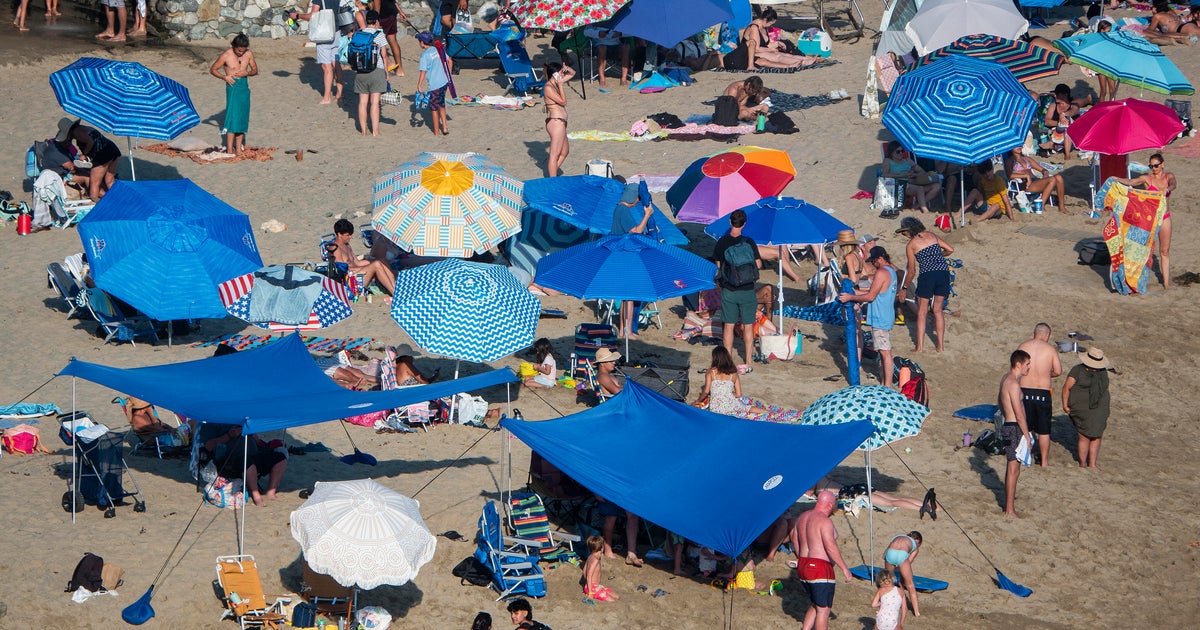Avoid these digital-safety pitfalls while traveling over holidays
Traveling over the holidays can be stressful, but it can be even worse if you end up getting hacked, lose your travel information or forget your smartphone in the airport lounge.
More than 103 million Americans are projected to travel this holiday season, the most ever, according to AAA. It also puts consumers at more risk for digital snafus, since leaving the safety of one’s password-protected home Wi-Fi can lead to problematic behaviors, like joining an airport’s unsecured Wi-Fi system.
Planning for a holiday trip should include taking steps to minimize the chances of getting hacked or hitting another digital pitfall while you’re away from home, said Michael Kaiser, the executive director of the National CyberSecurity Alliance. While corporate hacks have gained the public’s attention, hackers are increasingly going after consumers, with everything from phishing scams -- when scammers pretend to be a trusted company such as a bank -- to using public wifi to gain credentials.
“Really think about what you have do before you go, such as adding lock downs on your devices,” Kaiser said. “Keep your eyes open and be alert and aware about the kinds of risks you might encounter. If people do that and are smart about basic security precautions,” they will lower their risk of getting hacked.
Below are 5 tips from the National CyberSecurity Alliance on keeping safe while traveling.
Never use public Wi-Fi. Free Wi-Fi hotspots are tempting to consumers who are trying to save on their data plans, but it’s not worth the risk. Hackers can gain “unfettered access to unsecured devices on the same network,” according to Kaspersky Labs.
Instead, pay for a virtual private network such as Private Internet Access, which will create a secure Internet connection for your smartphone and other devices. They typically only cost a few dollars to gain access to a VPN for a month. For instance, Private Internet Access charges $6.95 for one month.
When connecting your laptop to the internet, rely on your smartphone’s hotspot, rather than logging into an unsecured Wi-Fi connection. If data overages are a concern, you should contact your mobile phone carrier to ask about buying extra data to cover your data needs while you travel.
Clean your computer and devices before you leave. Kaiser recommends getting rid of unwanted apps and programs from your devices, as well as updating all software before leaving home. That’s because you’ll want to make sure your operating systems and other programs have dowloaded any security updates.
Add password protection. Make sure your smartphone, computer and other devices are secured with a password or biometrics, such as Apple’s fingerprint swipe. If you lose your iPhone and don’t have that protection, a hacker or thief could gain instant access to your email and other sensitive information.
Take care with Bluetooth. Bluetooth sends information between devices, which can put consumers at risk. For instance, some travelers may pair up their smartphones with their rental cars, not realizing that they may have downloaded their contacts into the car’s system. If you do connect to your rental car, make sure you’ve deleted your profile from the vehicle before turning it back to the rental company. Likewise, turn off Bluetooth and Wi-Fi when you aren’t using them, as the NCSA says they continue to track your whereabouts.
Sign up for multi-factor authentication. Before leaving on your trip, make sure your email and other accounts you want to keep private have multi-factor, or two-step, authentication. This adds an extra layer of protection to your accounts. The most common type is adding your mobile phone number.
Said Kaiser: “Your email account is the crown jewel account. If it’s compromised, [hackers] can go to other accounts and reset those accounts.”



